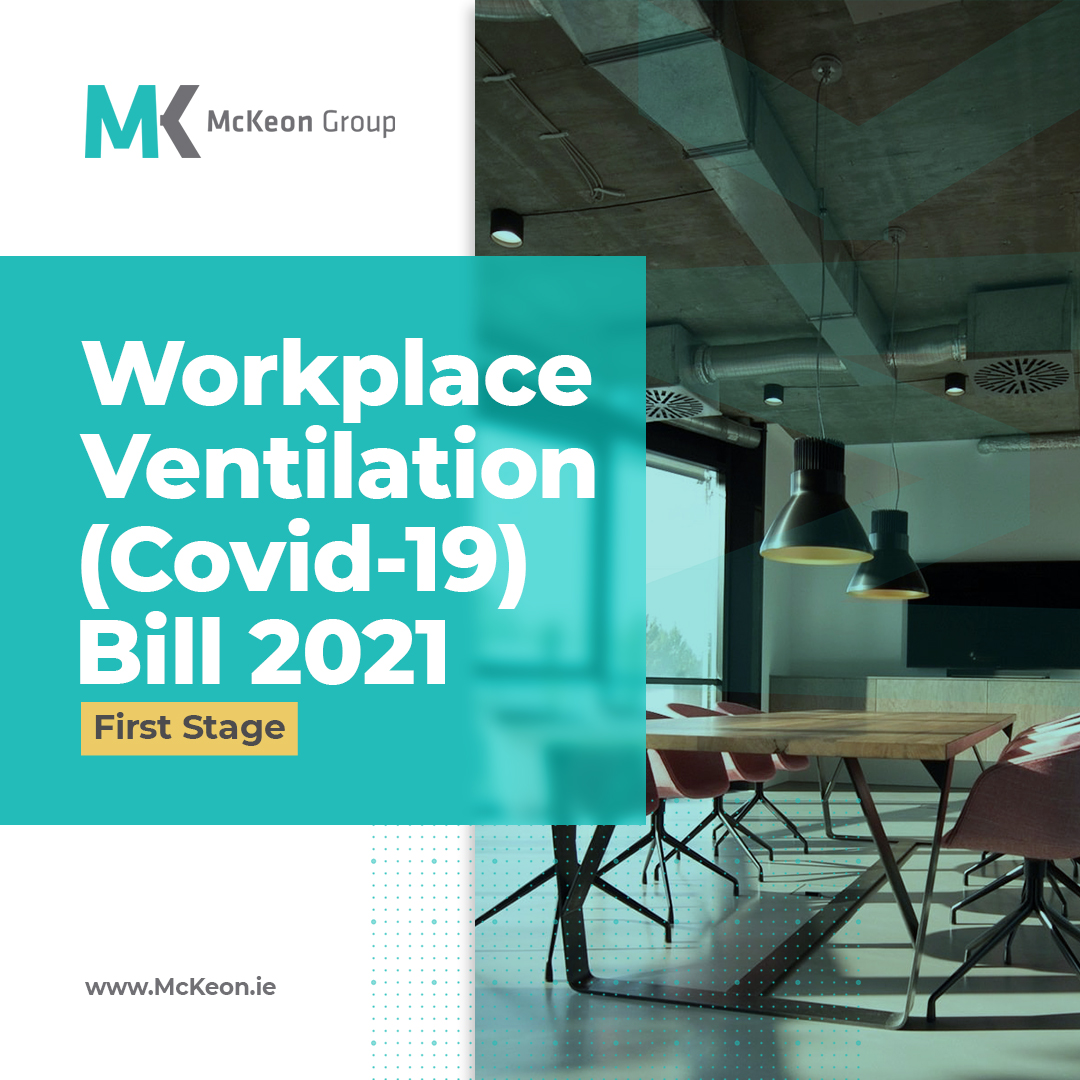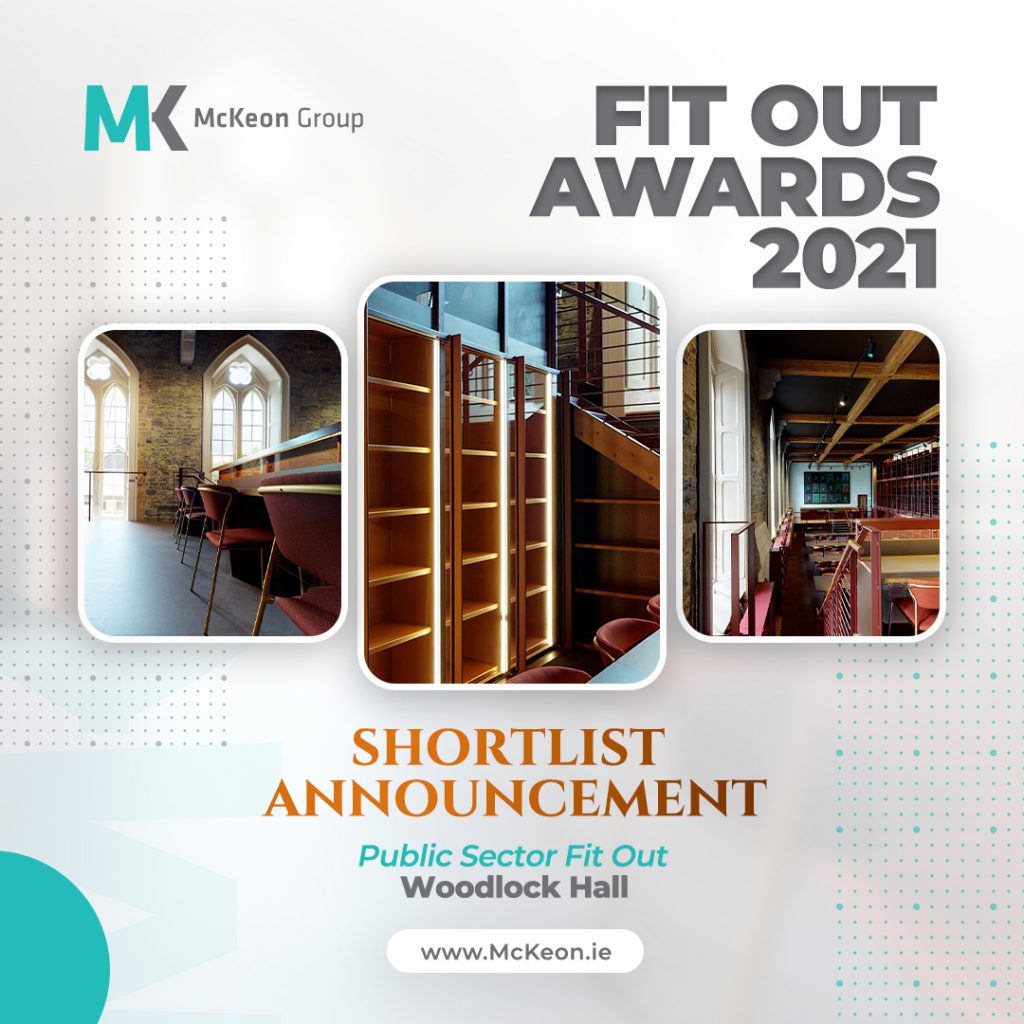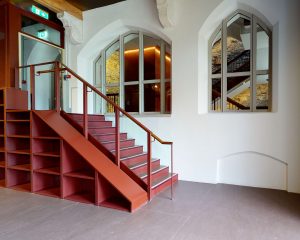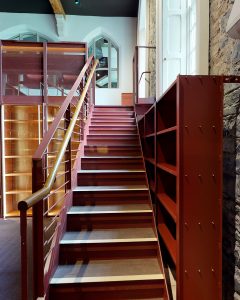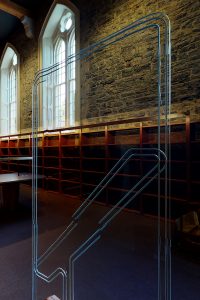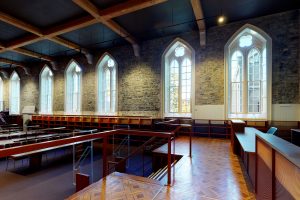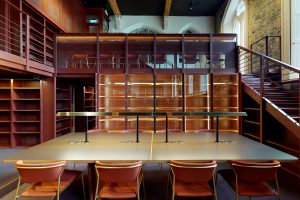Earlier this week Paul Murphy, TD for Dublin South-West and member of the People Before Profit-Solidarity party, put forward the Workplace Ventilation (Covid-19) Bill.
At first stage, the Bill proposes to amend the Safety, Health and Welfare at Work Act 2005 to provide for a definition of fresh air based on CO2 levels in the workplace as an emergency Covid-19 prevention measure. Also, the Bill proposes to provide for health and safety inspectors to take CO2 measurements and issue improvement or prohibition notices, as appropriate. If it progresses to legislation, which is likely, employees will be empowered to request workplace inspections.
Essentially, the Workplace Ventilation Bill is designed to ensure all employees have access to fresh air at work, and it puts the onus on employers to ensure that there is proper ventilation.
Deputy Murphy emphasised that the need for proper ventilation is not just in response to Covid-19, although the pandemic clearly opened a public dialogue on the issue.
The reality is that many studies over the past decade and longer have found that poorly ventilated workplaces not only expose workers to many viruses and illnesses, poor air quality can also lead to lack of concentration, headaches and fatigue. In fact, a recent Harvard study quantified this productivity loss in economic terms to show building occupiers the financial return on investment for improving indoor air quality (on the basis that science alone did not appear to be compelling for businesses, which is far from ideal!).
The above Bill sets clear limits for CO2 levels in the air. Employers must monitor indoor air quality and take action to improve ventilation when limits are reached, or indeed breached. Employers who fail to do so face prohibition notices and other penalties under the new proposals.
According to the Bill sponsor, the past 18 months have highlighted consistently poor ventilation in schools, offices, bars and restaurants right across the country and this is no longer acceptable. Fears have been further heightened as people prepare to return to workplaces and as we face into the winter months.
When you know better, you do better.
The Bill, in its current form, sets two limits on CO2 levels above 900 parts per million. If the latter is exceeded, HSA would issue an improvement notice, which gives the company involved 24 hours to improve the situation. If, however, the levels are above 1,500 and present an immediate danger to people, then a prohibition order would be issued until the levels can be addressed. The Bill also allows for the rare cases where CO2 levels may be above 900 parts per million but other air filtration measures such as HEPA filters would be in place, which would make it relatively safe.
According to Deputy Murphy:
“CO2 monitoring effectively acts as a very useful proxy for air quality and ventilation in general. If one has proper ventilation, one’s CO2 levels will be relatively low and viruses such as Covid cannot build up in the air. That is why it is used as the relevant proxy. We need to pass this legislation. It is vital for workers’ health and safety…”
The Department of the Taoiseach confirmed that the Bill is not being opposed.
About McKeon Group:
Established in 1950, this year marks the 70th anniversary of McKeon Group, which remains a family business. ISO certified for more than two decades, McKeon Group offers expert construction, fitout and building services. The Group delivers projects, services and maintenance across a range of sectors for State, local authority, FDI and private clients. For more information, contact McKeon.ie


